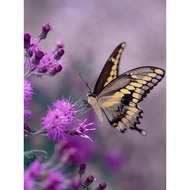Science in Elementary Classrooms for Oregon Administrators
(View Complete Item Description)This self-guided course is designed to guide administrators, particularly those in K-5 schools, in thinking about science education in their buildings and to provide background on and fundamentals regarding the Oregon Science Standards (also referred to as NGSS and Next Generation Science Standards). Additionally, this short course will inform participants about the instructional shifts required for Oregon Science Standards/NGSS three-dimensional teaching and learning, guide the development of a plan to support science teaching and learning, and highlight the essential role of equity and inclusion in Oregon's science standards.
Material Type: Module


















